The impact of hormones on beauty: A guide to radiant skin and hair
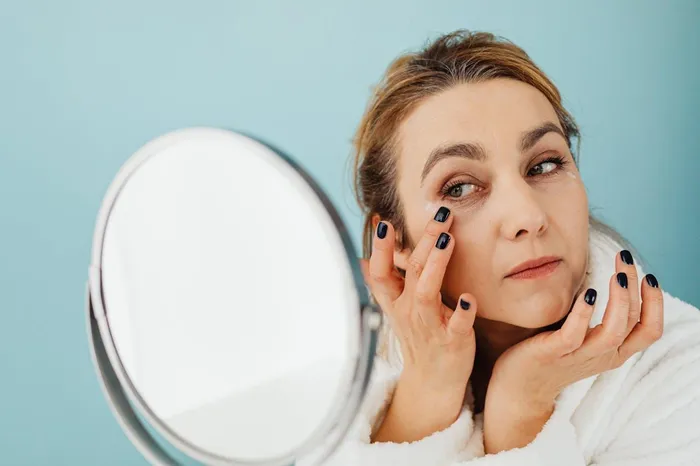
Reduced collagen production can lead to wrinkles. Picture: Kaboompics.com / Pexels
Image: Kaboompics.com / Pexels
Hormones play a crucial role in maintaining overall health, and their influence extends to our skin, hair, and overall appearance.
When hormones are balanced, they contribute to a radiant complexion, strong hair, and a youthful glow.
However, imbalances can lead to acne, hair loss, premature aging, and other beauty concerns.
Understanding the connection between hormonal health and beauty can help you take proactive steps to maintain both.
Here’s a list of key hormones and how they affect beauty.
Oestrogen
Oestrogen is often called the "youth hormone" because it promotes collagen production, skin elasticity, and hydration.
As oestrogen levels decline with age (especially during menopause), women may experience:
- Dry skin
- Wrinkles and fine lines
- Thinning hair
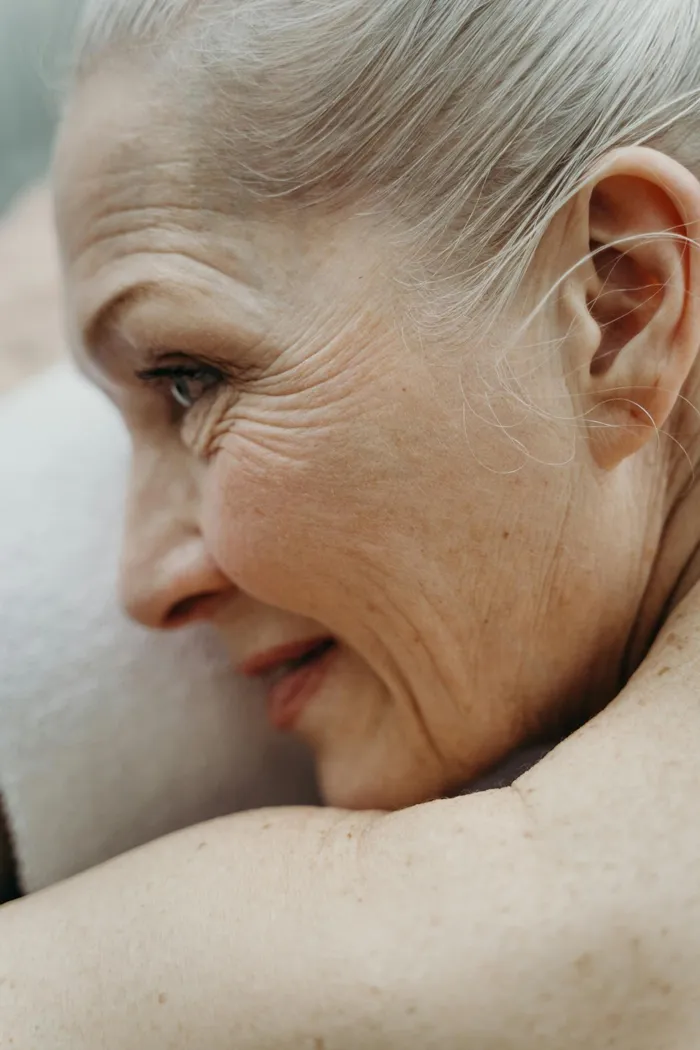
Oestrogen levels decline with age. Picture: Cottonbro Studio / Pexels
Image: Cottonbro Studio / Pexels
Progesterone
Progesterone helps balance oestrogen and supports skin health. Low levels can lead to:
- Acne breakouts
- Increased oil production
- Dark circles and puffiness
Testosterone
While often associated with men, women also produce testosterone, which affects hair growth and skin health. Excess testosterone (common in PCOS) can cause:
- Oily skin and acne
- Facial hair growth
- Thinning scalp hair
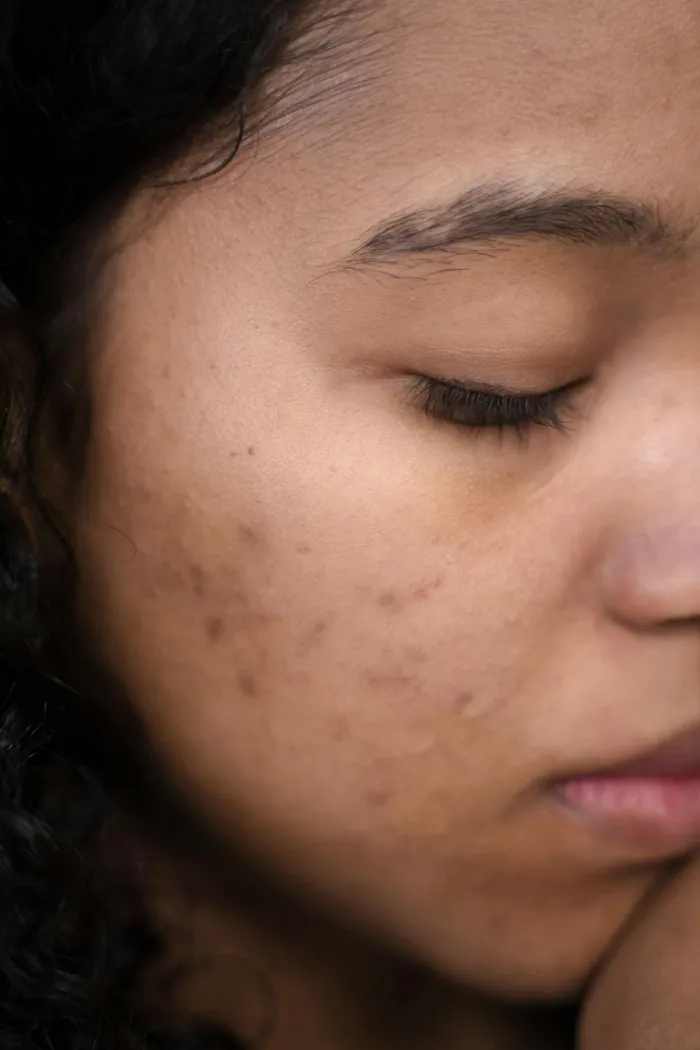
Excess testosterone can cause oily skin and acne. Picture: Ron Lach / Pexlels
Image: Ron Lach / Pexlels
Cortisol (The stress hormone)
Chronic stress leads to elevated cortisol, which can:
- Break down collagen, causing wrinkles
- Trigger inflammation and acne
- Lead to hair loss (telogen effluvium)
Thyroid Hormones
Thyroid imbalances (hypothyroidism or hyperthyroidism) can cause:
- Dry, flaky skin
- Brittle nails and hair loss
- Puffy face and weight fluctuations
Beauty tips for hormonal balance
Eat a hormone-friendly diet
Healthy fats (avocados, olive oil, salmon) support hormone production.
Fiber (vegetables, whole grains) helps eliminate excess hormones.
Antioxidant-rich foods (berries, leafy greens) reduce inflammation.
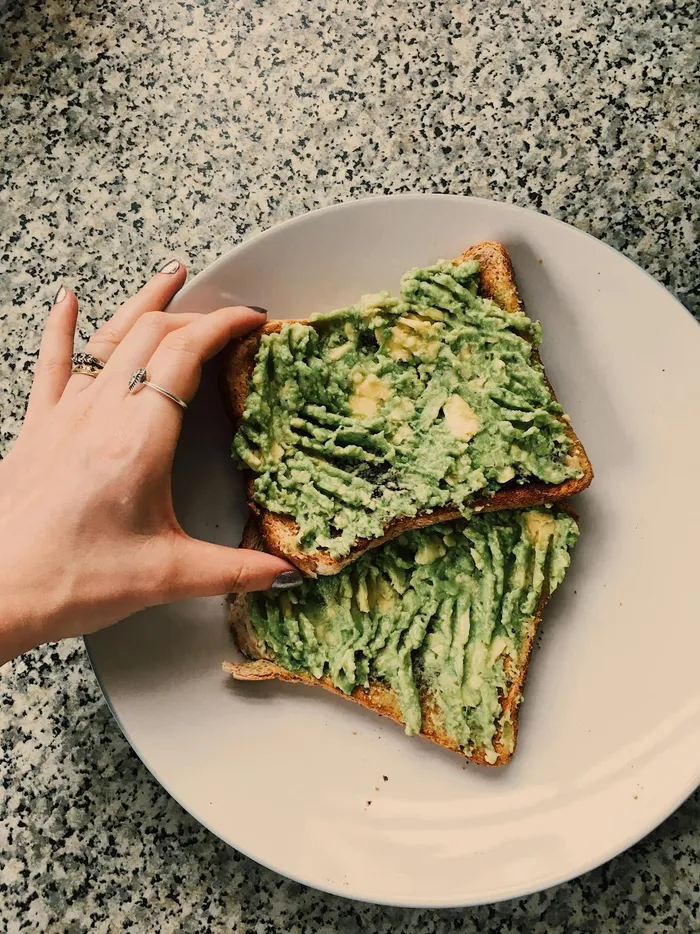
Healthy fats like avocado supports hormone production. Picture: Lisa Fotios / Pexels
Image: Lisa Fotios / Pexels
Choose the right skincare
Use non-comedogenic products if prone to hormonal acne.
Retinoids and vitamin C boost collagen.
Hyaluronic acid helps retain moisture.
Exercise wisely
Over-exercising can spike cortisol; balance it with yoga or walking.
Strength training supports hormone regulation.
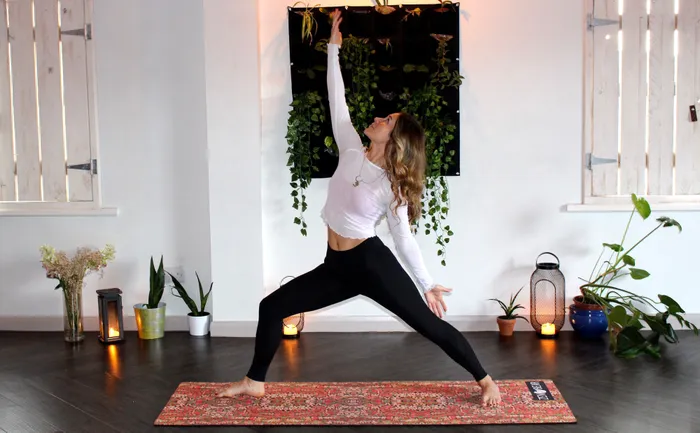
Over-exercising can spike cortisol; balance it with yoga. Picture: Unsplash
Image: Unsplash
Prioritse sleep
Poor sleep disrupts melatonin and cortisol, accelerating aging.
Get your news on the go, click here to join the IOL News WhatsApp channel.
IOL Lifestyle
Related Topics: